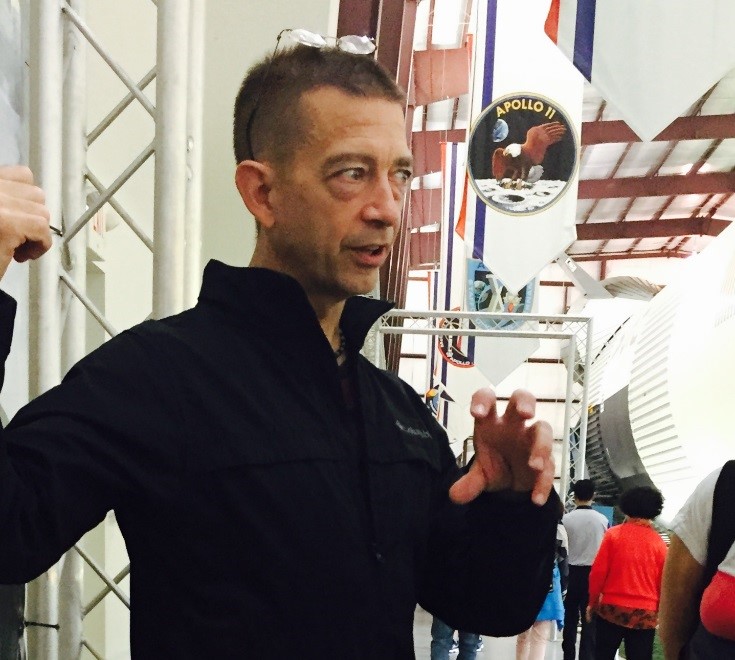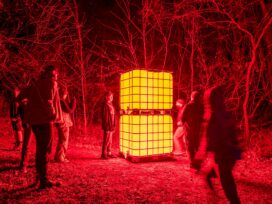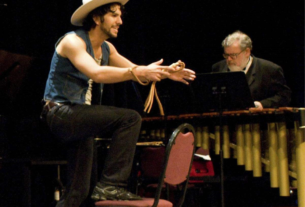
PVCC Alumnus and the Exploration of Mars
Aleena Haidari, staff writer
Have you ever wondered how would it be like to live in a different planet? Did you know that by 2033, human beings would be able to orbit Mars and return back to Earth within three years? If you are fascinated by the mysteries of space and interested in learning more about science, consider joining the Science Club. This club was established a year ago and has held numerous talks and events at PVCC.
Professor of Biology Anne Allison, the faculty advisor for Science Club, said, “This club was created to inspire students about their educational path, show them that there are myriads of jobs available in the science field, and motivate them to develop their own careers through experiences of the speakers.”
Science Club has invited many speakers including John Stewart, supervisor forensic examiner, DNA Unit, FBI; Tim Errington, director of metascience, Center for Open Science; and Rick Davis, who attended PVCC and currently works at NASA Headquarters as the assistant director for science and exploration in the Science Mission Directorate (SMD).
According to his biography, he “co-leads a joint SMD-HEOMD [Human Exploration and Operations Mission Directorate] study to begin the process of identifying potential human landing sites on Mars.” He also had the opportunity to travel to Russia and work with the Russian scientists to develop new inventions in exploration of Mars.
He spoke in the Science Career talks series last time and encouraged students to get internships in their fields of interest and take of advantage of other hands-on opportunities.
He also advised that students should make the most out of their opportunities at PVCC and seek help in Math Center and their professors’ office hours.
Davis discussed opportunities and jobs available for students who are interested in STEM and Science.
For instance, STEM Takes Flight is an opportunity for community college students to take advantage of its resources to enhance their understanding of science and gain experience. This resource is an initiative that particularly provides opportunities such as internships and other hands-on experiences for community college students.
If you are interested in Science and STEM, utilize resources available for you perhaps you might be next to explore Mars.







